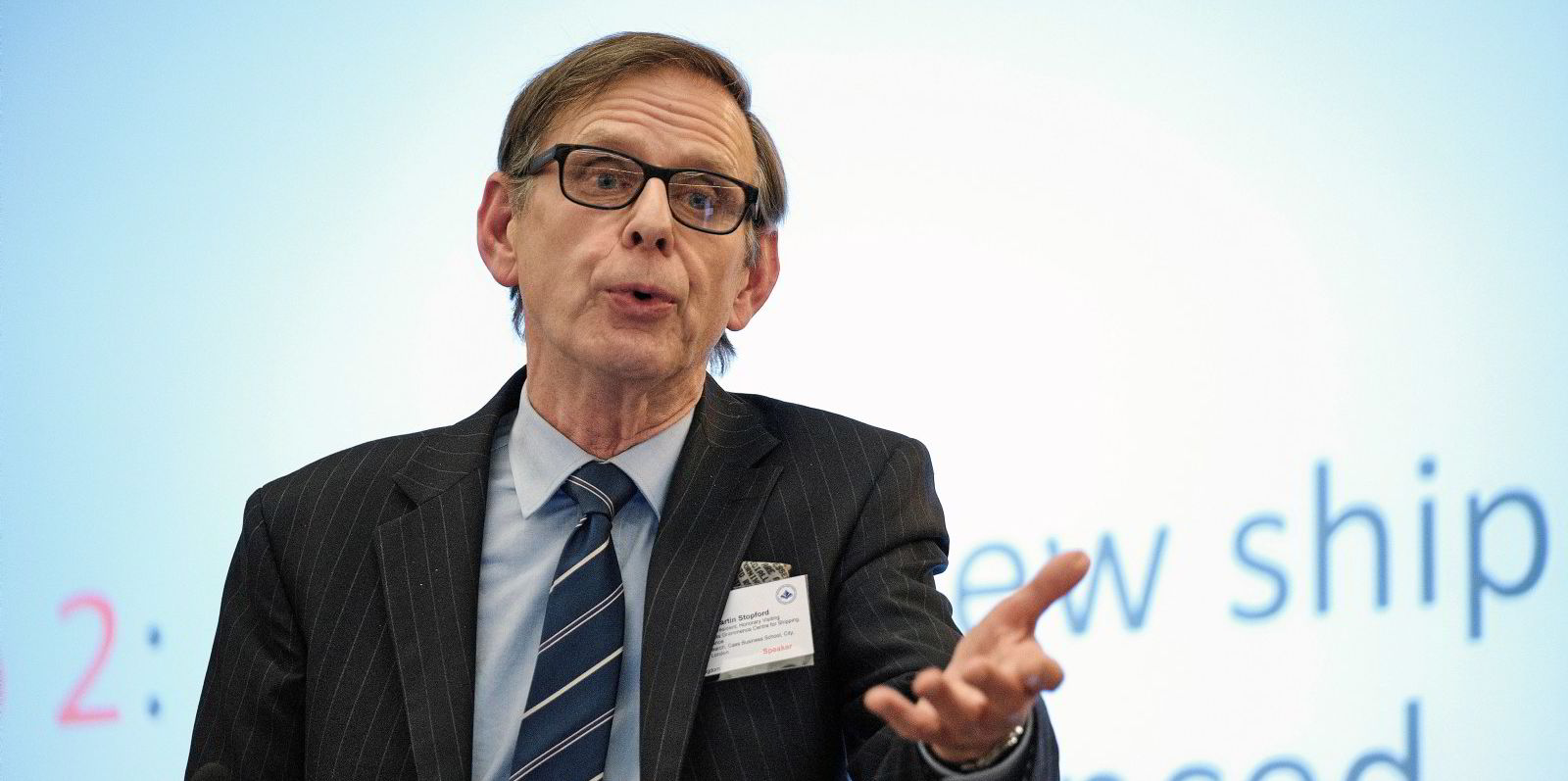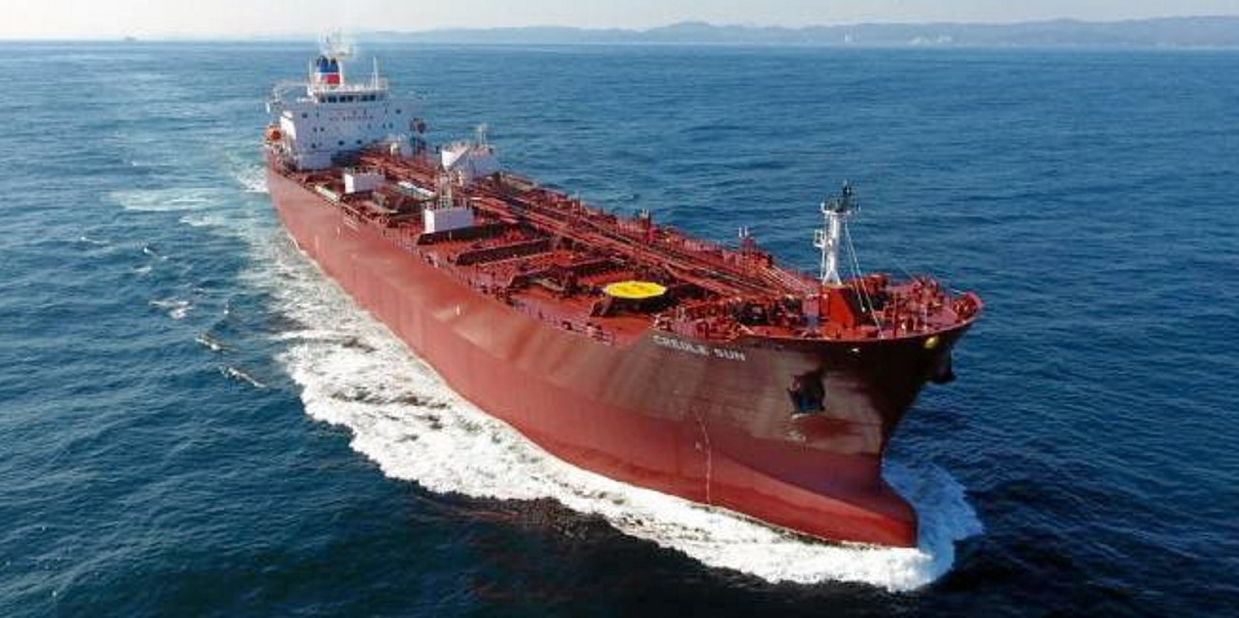While the International Maritime Organization’s regulation on decarbonisation receives criticism from many stakeholders as being too lenient, some industry heavyweights reckon it is a step in the right direction.
Clarksons Research non-executive director Martin Stopford believes the new rules will allow a global regulatory framework to remain relevant — just because most shipowners will remain compliant with their existing fleets.
“This is a well-chosen first step along the regulatory road to measuring emissions and managing investment in old and new ships,” the renowned maritime economist told TradeWinds. “It is a massive job. But you have to start somewhere.”
Critics claim the IMO rules lack teeth in driving out polluting vessels by 2026 and provide shipowners with few incentives to scrap old tonnage and invest in newbuildings powered by low, zero-emission fuels.
But Stopford argues that shipowners need a buffer period to keep global trade going, with the decarbonisation of shipping expected to be a difficult, long-drawn process.
“Many of the ships in the fleet today will be needed to provide transport well into the 2030s — you cannot replace a fleet in five years and there is still no viable zero-carbon propulsion system,” Stopford said.
He stresses that the IMO's bid to reduce shipping emissions will only work if shipowners have plausible ways of complying with decarbonisation rules.
“According to my scenarios, today’s fleet will account for half of shipping’s carbon emissions between 2020 and 2050,” Stopford said. “So making sure emissions of the existing fleet are progressively reduced as they grow older is very important.
“If the…system is implemented properly, the regulatory framework will ensure these old ships take all the technical and operational steps needed to minimise their emissions.”
Continued pace
From a tanker owner’s perspective, Euronav chief executive Hugo De Stoop also believes the IMO rules can help drive industry decarbonisation as they will label some ships as non-efficient tonnage.
Such vessels will be less favoured by major charterers and financiers or even fall foul of other regulatory regimes, he suggested.
De Stoop said the new regulation “reflects just one wave of increased regulation” and needs to “be taken in a wider perspective”.






